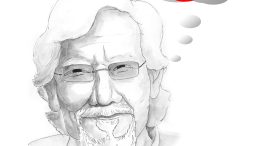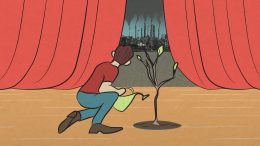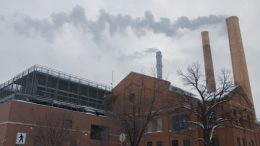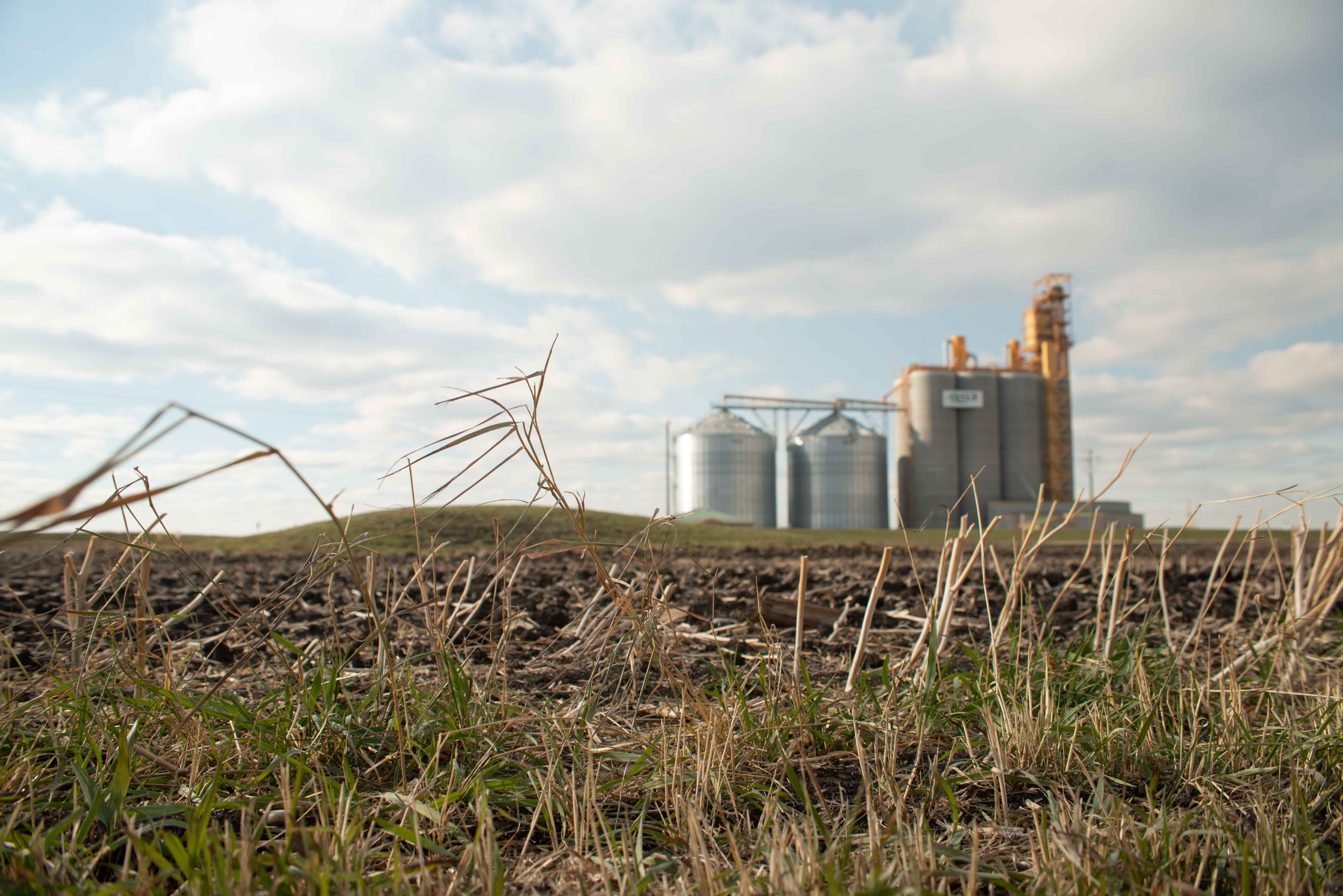Addressing global warming means socializing housing
The climate crisis may be the best reason for socializing housing. Winnipeg must look beyond traditional market strategies to address these issues together and reduce inequality. This means the city must take it upon itself to build affordable and climate-friendly housing for low-income earners in high-density neighbourhoods. Going forward, housing cannot have space for profit.









